How to Choose a Generator for Your Home
6 minute readHow to choose the right generator for your Texas home
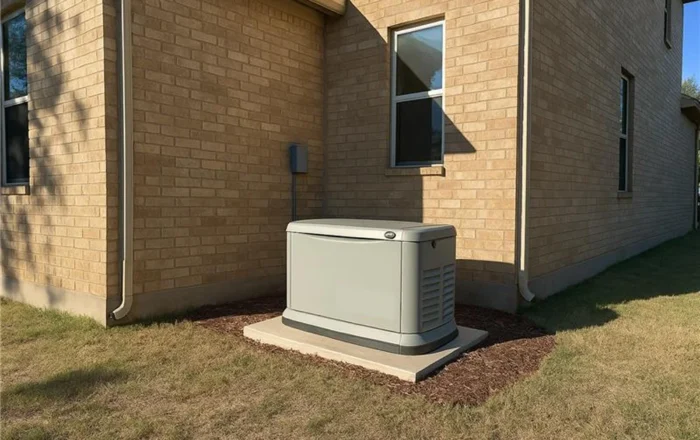
How to choose the right generator for your Texas home

Energy Saving Tips Home Improvement
Choosing the right energy-efficient door can help Texas homeowners reduce cooling costs and improve home comfort year-round.
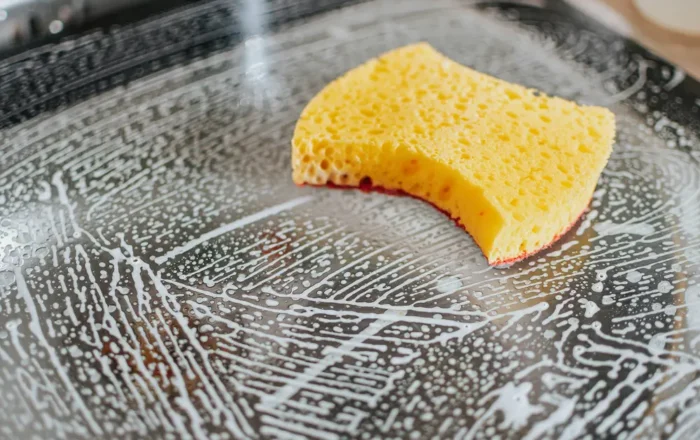
As the days grow longer and the air fresher, it’s the perfect time to tackle your spring cleaning tasks. An annual deep clean refreshes your living space, improves indoor air quality, and keeps your home running efficiently. Not sure where to start? We’ve compiled this ultimate spring cleaning checklist to…

Energy Saving Tips Home Improvement
Smart home devices promise convenience, security, and energy efficiency—but do they actually save you money in the long run? With the rising popularity of smart thermostats, energy-efficient lighting, and automated appliances, many homeowners are eager to cut costs on utility bills. However, the upfront investment and ongoing maintenance can make…
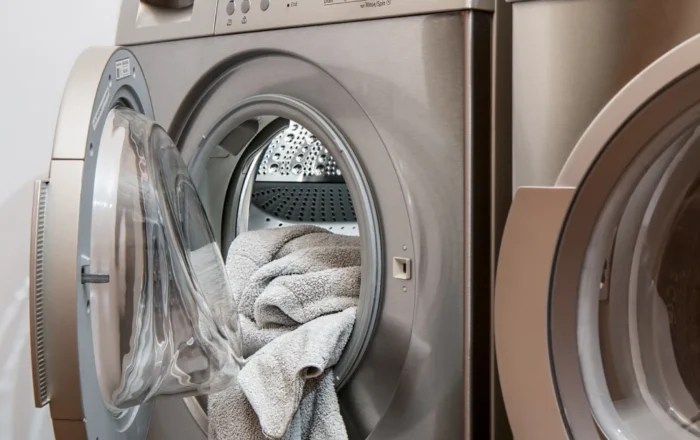
Energy Saving Tips Home Improvement
It’s hard to imagine modern life without a washing machine. Have you ever stopped to wonder how much electricity they use? Whether you’re trying to lower your electricity bills or simply curious about your household’s energy consumption, this quick guide will tell you everything you need to know, including: We’ll…
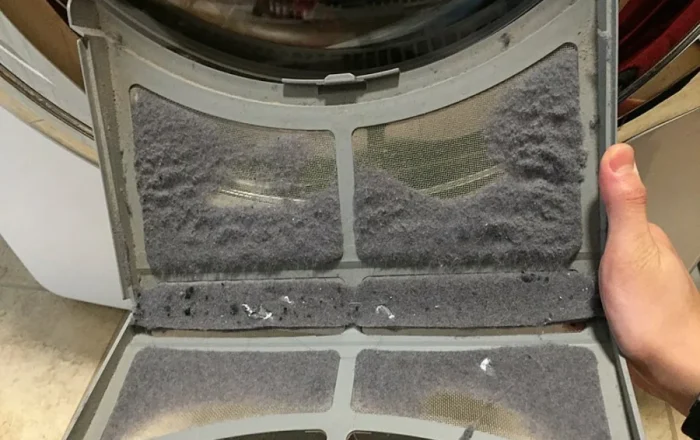
Energy Saving Tips Home Improvement
Most people assume that removing visible debris from their dryer vent and cleaning the dryer lint screen is all the maintenance required to ensure smooth running. But, there’s a bit more to it than that. In this quick guide, you’ll learn everything you need to know about dryer lint trap…
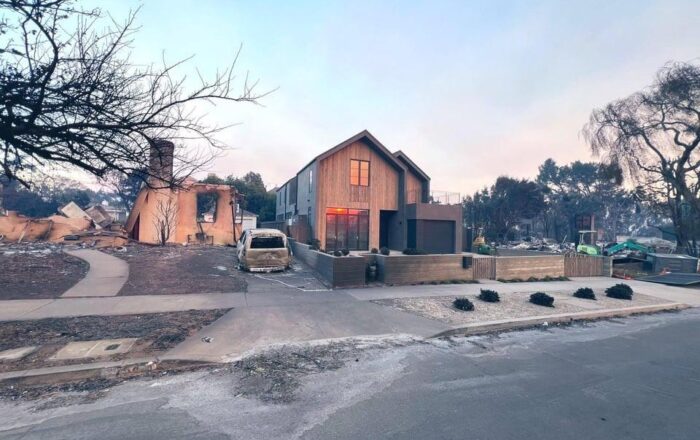
Discover the principles behind the passive house design concept

Energy Saving Tips Home Improvement
Whether you’re whipping up a quick weeknight dinner, preparing a weekend feast, or tackling a recipe for a special occasion, your oven may play a key role in bringing meals to life. With regular use, you might wonder how much energy your oven uses—and how it impacts your electric bill. …

Heating and Cooling Home Improvement
Home hot tub installation may be the ultimate in relaxation and indulgence. After all, who wouldn’t want their own spa pool? But, as with many other luxury item purchases, hot tub use comes with additional expenditure that extends beyond the price tag. In this case, increased energy costs. But precisely…
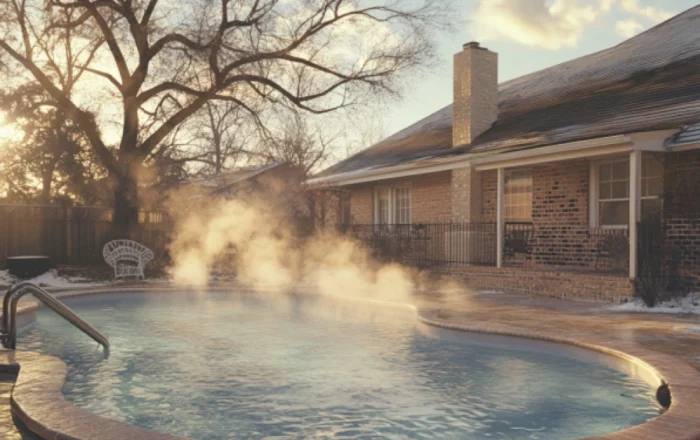
Heating and Cooling Home Improvement
Did you know that over 800,000 Texan homes have a swimming pool? If you’re one of them, you already know that pool heater installation can extend the swimming season, keeping the water at a comfortable temperature year-round. But how much does it cost to heat a pool? For many homeowners,…

How to prevent your pipes from freezing and what to do when if they do freeze
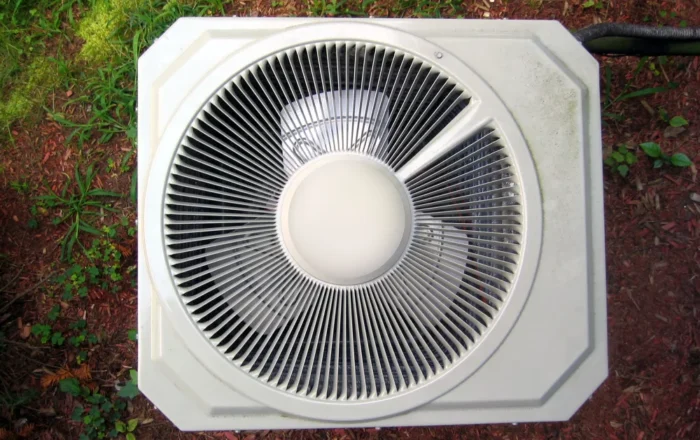
Heating and Cooling Home Improvement
A well-maintained air conditioning system is your home’s unsung hero when temperatures rise during the hot Texas summers. Regular AC maintenance extends the lifespan of your HVAC system while helping you save money on energy bills and costly repairs. In this handy guide, we’ll cover everything you need to know…